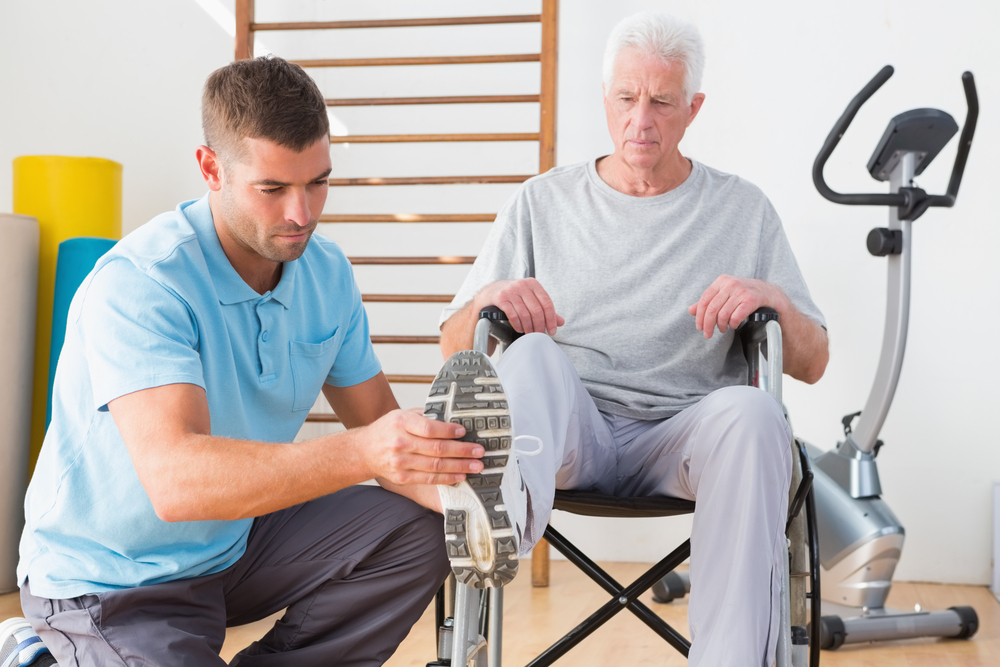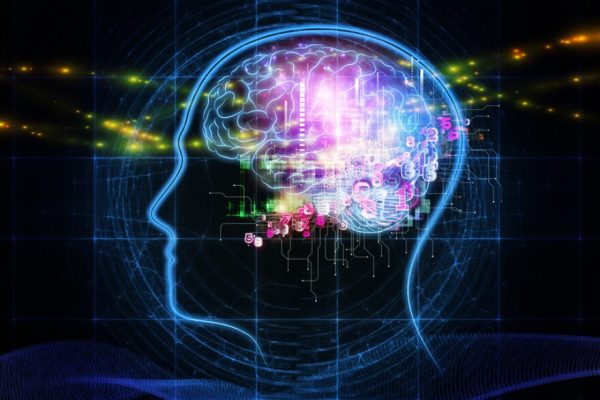Mental illnesses are brain conditions that affect the lives of many people. In fact, some estimate even suggests 1 in every 8 people have experienced mental health problems at some point in their life. The severity of these mental disorders varies greatly from person to person. Some have minor symptoms and get back to their daily life relatively faster with the right treatments which include medication, therapies, and lifestyle change.
However, for some, it is much harder, and medications, therapies, or daily life changes may not be adequate, psychiatric rehabilitation plays an important role for them. Here we explore this very important aspect of mental health conditions in detail.
What is Psychiatric Rehabilitation?
Psychiatric rehabilitation is also known as psychosocial rehabilitation, is an approach wherein people with mental health conditions receive help in not just managing their symptoms, but other aspects of their lives.
Work, social life, and other daily functions come naturally to many of us. We never had to learn these skills, however, for people with severe mental illnesses, these things may be new, hence they need to learn these skills. Psychiatric Rehabilitation helps them achieve these skills and reintegrate them into the society.
History In Brief
The history of psychiatric rehabilitation reflects the changing view of our society on mental health. In the archaic world, rehab was more or less basic, however, in the early 18th and 19th centuries, the rise of the concept of asylum became prominent. Institutions, during this period often lacked basic resources and their focus was more toward confinement rather than treatment.
Improvements in psychotropic medications in the mid-20th century ensured community-based care for people with mental health problems. It was also the time when psychiatric rehabilitation got formal recognition as a separate discipline. It was also the same era that witnessed the development of evidence-based rehab practices with interventions like social skill training, cognitive behavior therapy, etc.
As we entered into the 21st century, the focus shifted in the direction of managing symptoms, customized treatment, and recovery.
Why Psychiatric Rehabilitation is necessary?
Psychiatric rehabilitation is necessary for individuals experiencing intense mental health conditions in many ways. However, the main purpose of psychiatric rehab is to encourage people to gain independence, improve their quality of life, and get back into the community. To achieve these goals mental health professionals at a rehab center concentrate on various aspects of well-being, mainly:-
Emotional Well-Being: At rehab, professionals help individuals learn how to manage symptoms, cope with challenges, and build emotional resilience. Here, the individuals also get a chance to learn how to identify triggers and how to avoid them effectively. Other than these, it also helps individuals follow medication properly.
Social Skills: There is a life awaiting after rehab and to enjoy life to the fullest, individuals need to learn the skills of socialization. In psychiatric rehabilitation, people with mental health conditions learn how to develop and maintain healthy relationships, improve communication skills, and participate in social activities to build strong social networks.
Daily Living Skills: Before rehab, for these individuals performing daily tasks means dependence on their loved ones. But at rehab, they get the opportunity to learn how to do everyday tasks without depending on anyone, achieve self-sufficiency, and develop a sense of purpose and meaning in life.
Principles of Psychiatric Rehabilitation
The principles of psychiatric rehabilitation are centered around encouraging individuals with mental health issues to enjoy life to the maximum and be independent. It also guides mental health professionals on how to plan the treatment according to the needs of the client.
Here are a few core principles of psychiatric rehab.
Recovery Oriented: This ensures the possibility of growth and improvement beyond mere symptom management and focuses on developing strength, self-usefulness, and creating a sense of hope.
Focus on capacity: Rehabilitation stresses bringing out a positive perspective in individuals who have already experienced many life-related challenges due to mental health conditions. It offers them the knowledge, skills, and resources to improve their capacity to manage life effectively.
Person-Centered: This code acknowledges that every individual is different with their own sets of needs, goals, and priorities. Therefore, it is designed to meet every unique requirement, specific to the circumstances of individuals.
Holistic: This principle acknowledges that mental well-being is intertwined with various aspects of life, including emotional, social, physical, and vocational well-being. Rehabilitation programs address these interconnected aspects holistically.
Community integration: This principle underscores the importance of integrating individuals meaningfully into their communities, promoting social connections, and participating in community activities.
Evidence-Based: This code underlines the importance of the use of evidence-based treatments, strategies, and interventions that are effective in improving the quality of life of individuals with mental health illnesses.
Conclusion
Experiencing mental health problems is common and it can be tackled and managed with the right treatment. However, these treatments may not be as effective as they work for others. In such cases, psychiatric rehabilitation can help. With its holistic and evidence-based therapy, psychiatric rehabilitation can bring many positives to the lives of people with severe mental health disorders and their family members.
If you or someone you know is grappling with mental health challenges, don’t hesitate to seek professional help, as timely and appropriate treatment can create opportunities for a brighter and happier future.





